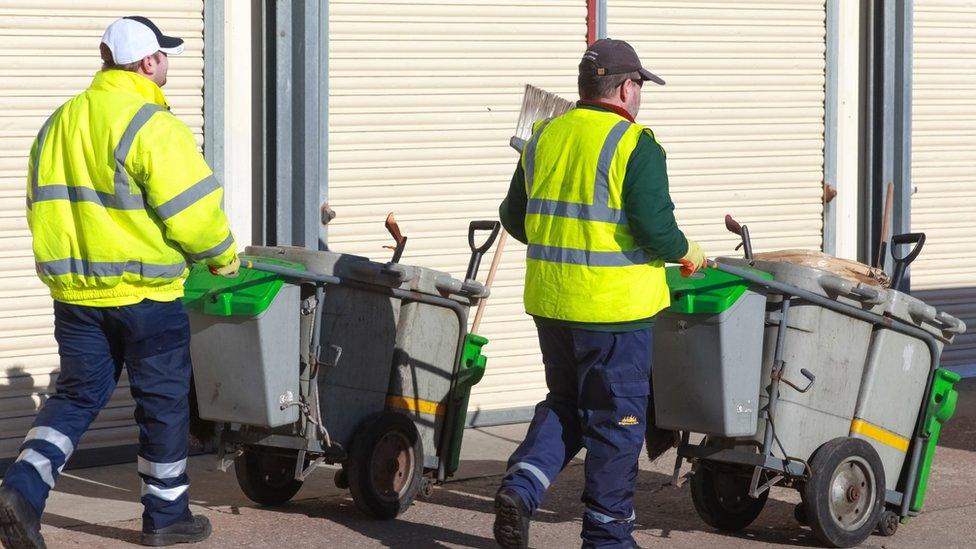Election 2021: What about parish councils?
- Published
Viral sensation Jackie Weaver explains how parish councils work and why they're important
They control millions of pounds in public funds, influence our day-to-day lives and had a brief moment in the spotlight, thanks to Jackie Weaver and a viral Zoom meeting. But what do parish councils actually do?
On 6 May, people across England will vote in local authority elections. But some live in areas where seats on parish and town councils - the most local of local authorities - will also be up for grabs.
Ms Weaver, who shot to fame earlier this year when a video of the chaotic parish council meeting she was in went viral, describes these authorities as having "enormous potential". But despite their influence and sometimes fairly sizeable budgets, many people don't know much about how they work or what they're responsible for.
BBC News has found the answers to these questions. Now, in the immortal words shouted at Jackie during that infamous meeting, "read them and understand them".
What are they?
Parish and town councils are the smallest local authorities in the UK, but operate in a similar way to larger councils.
They have elected councillors and raise money through council tax and other means to run public services.
There are about 10,000 of these councils in England, covering about 40% of the population.
Places with large urban centres such as London or Greater Manchester tend not to have parish or town councils, and cities are usually administered by a single larger council with greater responsibilities.
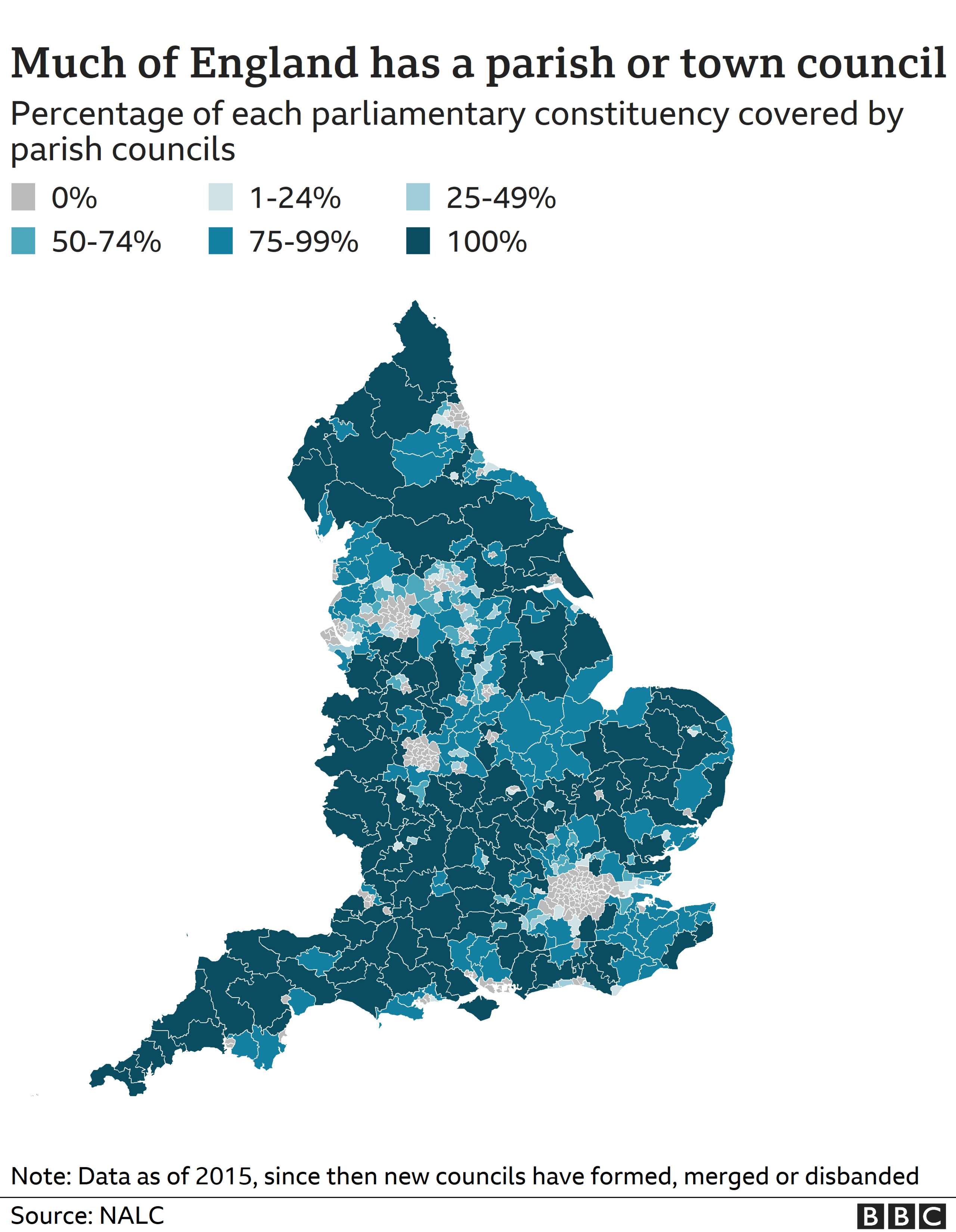
What do they do?
Ms Weaver says what they do varies across the country, but these are the councils where you "can make a difference" for your local community.
Some parish and town councils are small operations that manage things such as local allotments, while others have million-pound budgets and manage everyday services.

In 2019, a BBC investigation found some were also taking on extra services that larger local authorities have been unable to fund due to budget cuts.
Parish councils are also consulted when someone makes a planning applications in their area, which is where Ms Weaver says most people will probably come across them first.
"What they can do is so varied," she said, adding that as well as the more traditional public services some areas choose to do "innovative things like buying their local pubs" or providing free milk to schoolchildren.
"If you're going to come back to me to say 'what's the point in getting involved in our council, it's very sleepy, it doesn't do anything' that's the very council you want to get involved with because they have enormous potential," she says.
How much money do they have?
The National Association of Local Councils (NALC) estimates about £2bn is invested in communities covered by parish and town councils - in council tax, external fund raising and through the time spent by councillors on their duties.
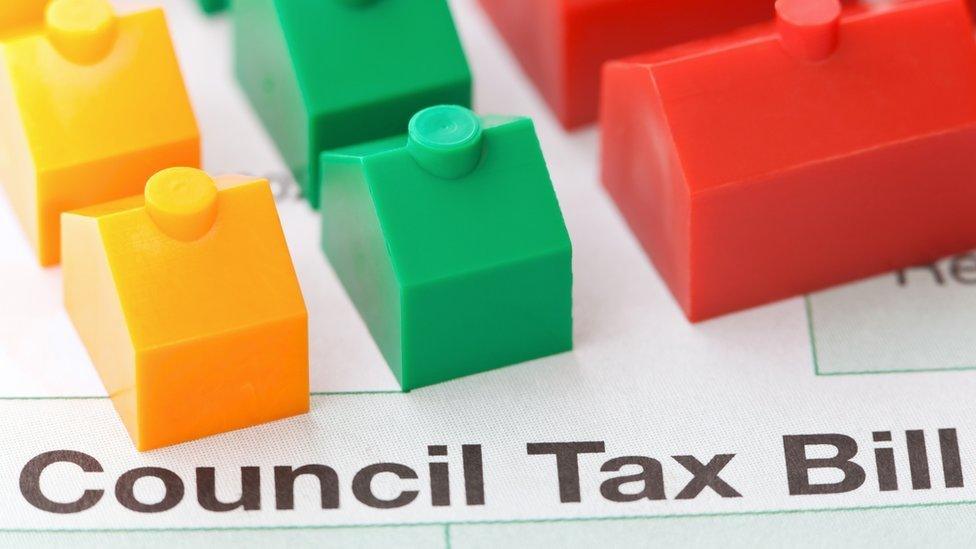
Parish and town councils get a share of council tax paid by local residents, called a parish precept
Some have budgets that run into seven figures, while others don't take any money from council tax.
For example, Weymouth Town Council in Dorset collected the most from council tax in 2020-21, at £3.4m, and had an overall budget for the year of just under £5m.
Meanwhile, Wharton Parish Council in Cumbria collected just £10 and about 1,300 councils did not take any money from council tax at all in the last financial year.
An estimated £618m of council tax funding is thought to be used by parish and town councils in 2021-22, a sum which has increased year on year.
Are they holding elections?
Yes. About 2,000 parish and town councils are thought to be holding elections this year, according to research by the NALC.
These ballots will be alongside those for the local authority, PCC and mayoral elections.
However in recent years it has not been unusual for these elections to be uncontested, resulting in unelected members being 'co-opted' into roles where necessary.
This means an unelected person is chosen by the council to fill a position.
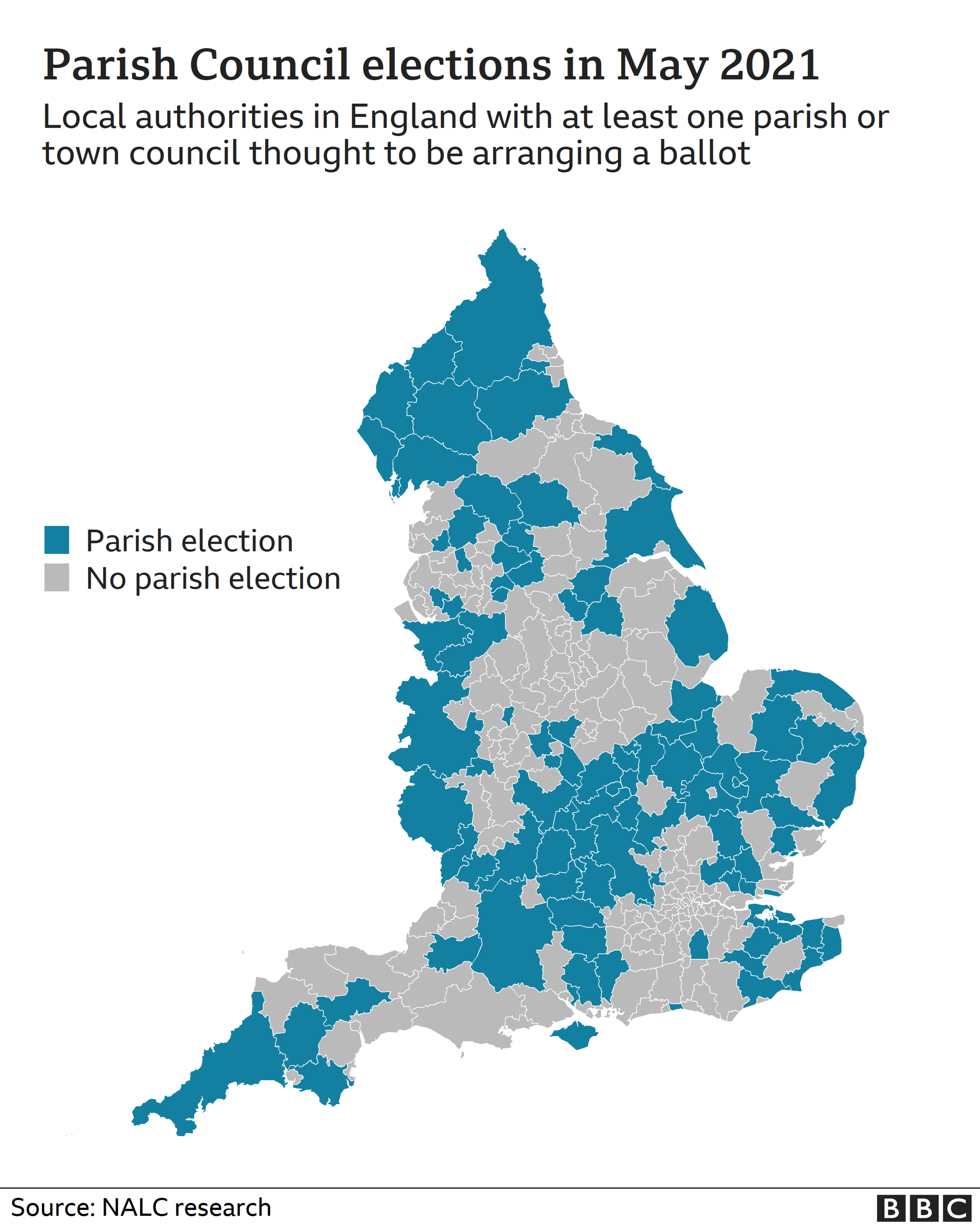
Are councillors paid?
Most parish and town councillors do not receive any form of payment for their services, according to the NALC.
However, they can be given allowances in the same way other local councillors are, to cover the cost of the time they put into their duties and other expenses.
In some areas this is based on a percentage of the allowance given to councillors in larger authorities.
For example, in Surrey Heath, it was recently recommended parish councillors receive £1,586 per year, about 30% of the amount given to borough councillors.
Do they represent political parties?
The NALC says parish councils tend to be run by independent candidates, with no party affiliation.
However in larger councils, such as those covering an entire town, it is more common for people to run as a candidate for a political party.
Search below to find to see which council, PCC and mayoral elections you can vote in.
- Published20 April 2021
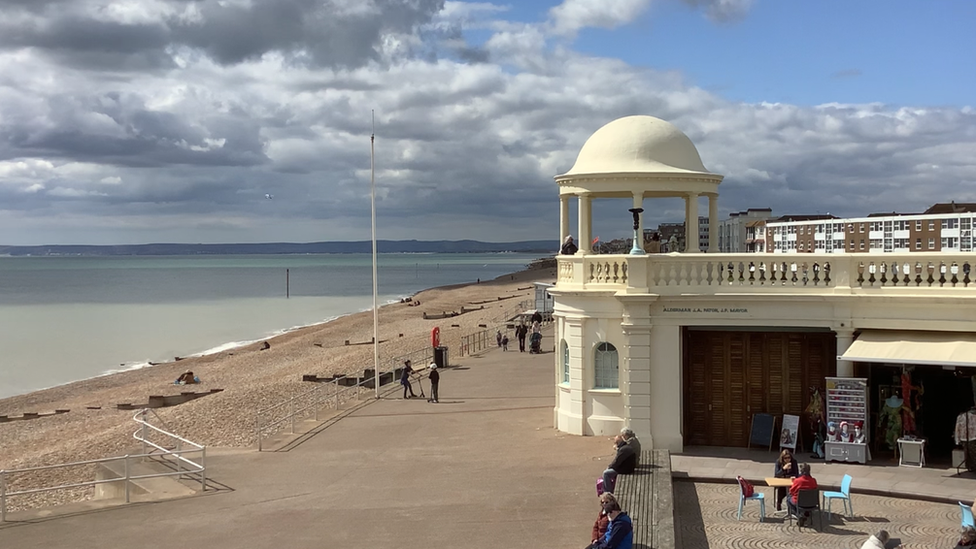
- Published19 April 2021
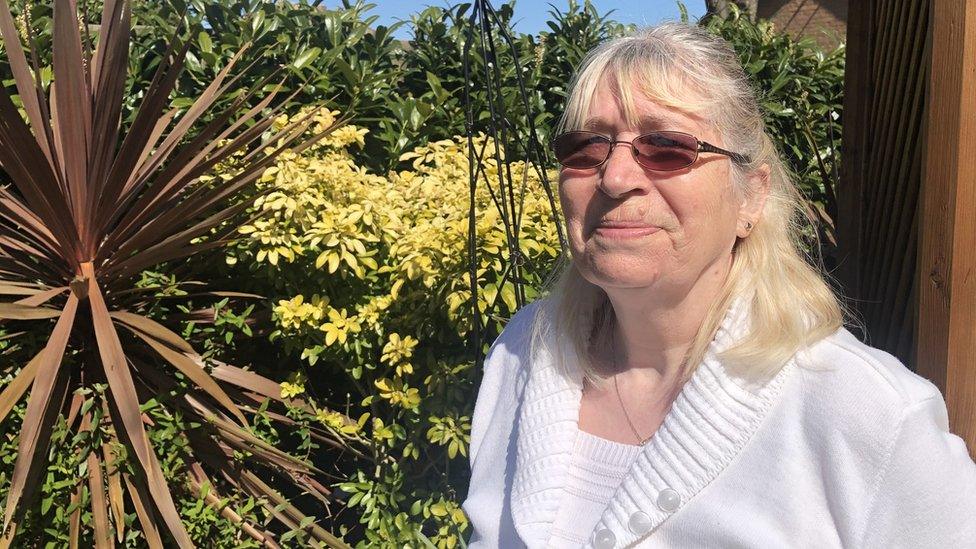
- Published16 April 2021
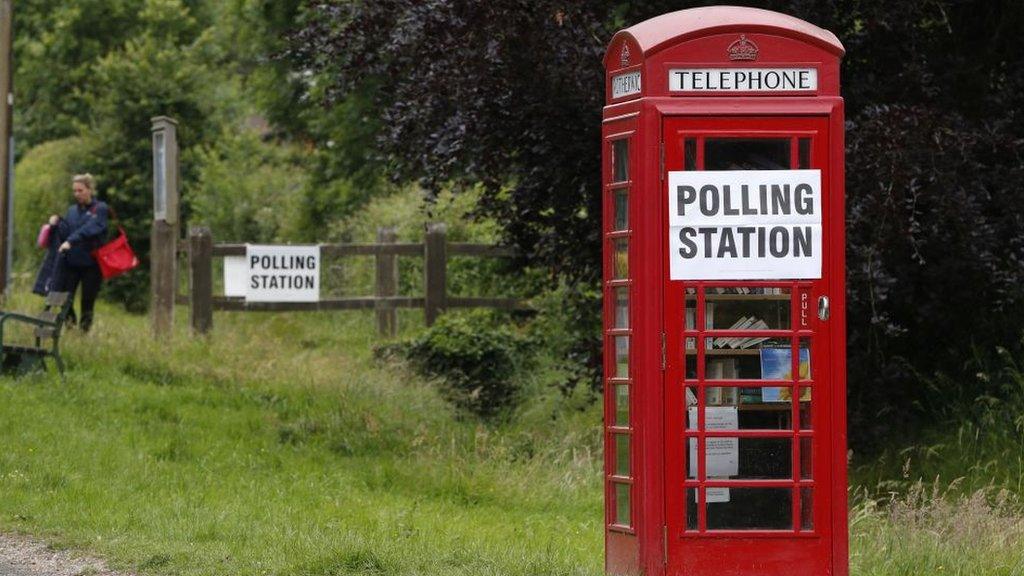
- Published5 February 2021
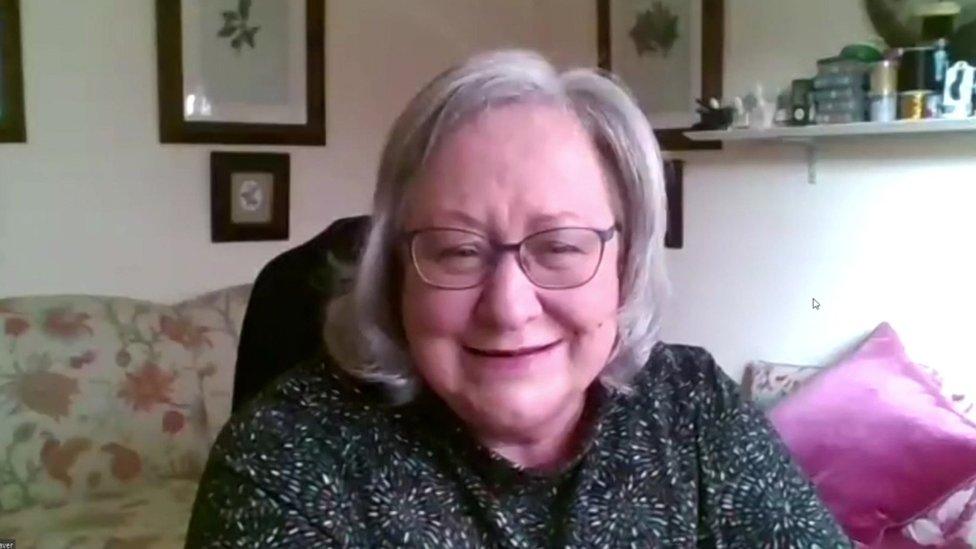
- Published18 June 2019
